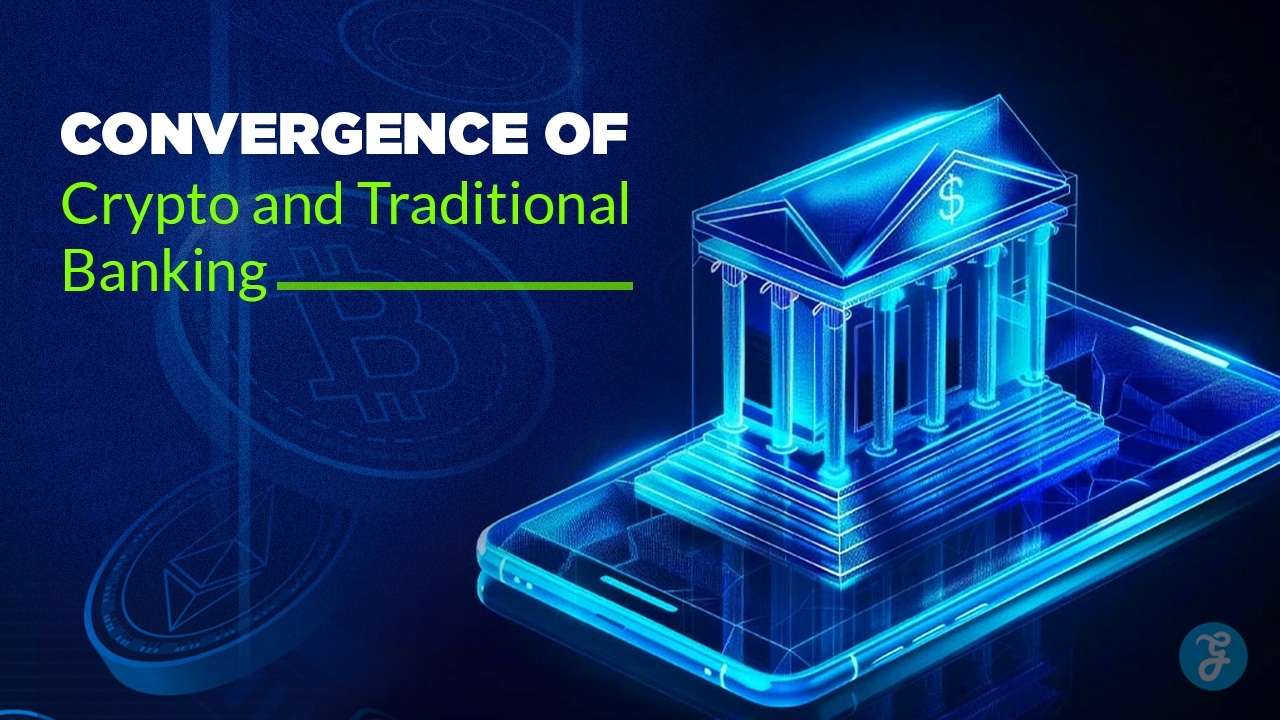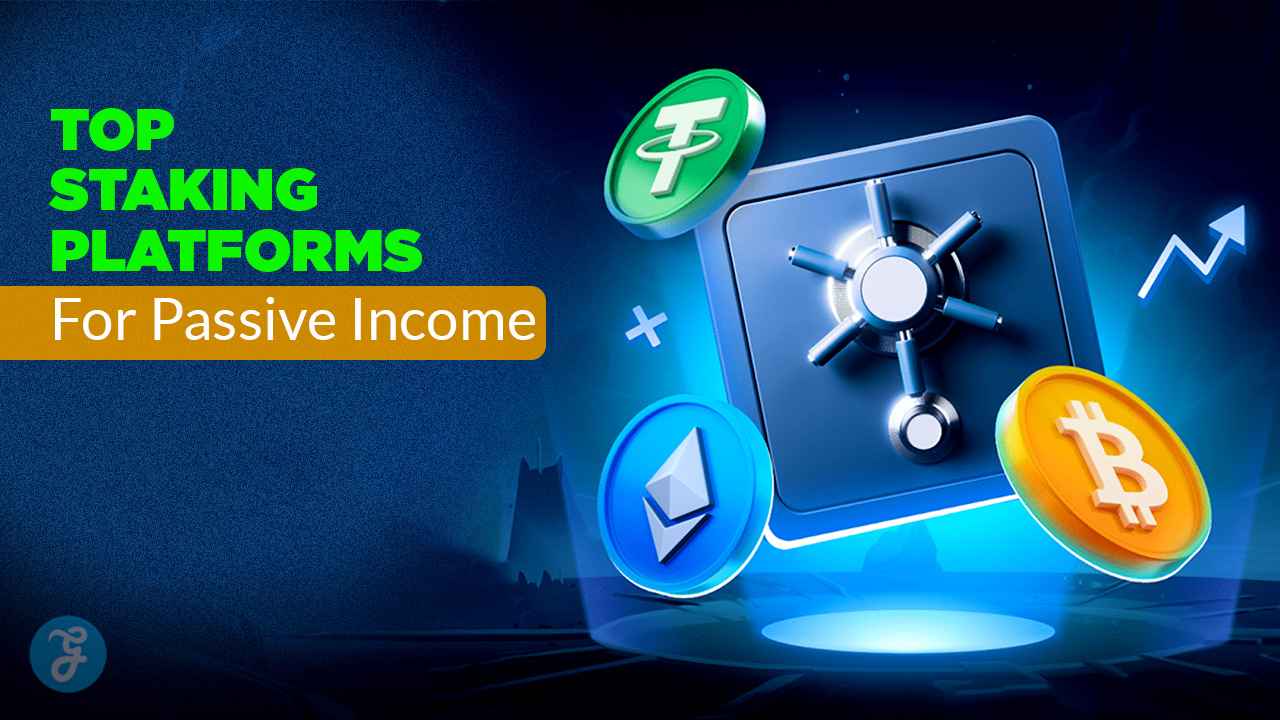The National Pension System (NPS) in India is introduced to add value to citizens’ lives and create a savings backup for retirement. Authorised by the Pension Fund Regulatory and Development Authority (PFRDA) and controlled by the Central Government, the NPS is a voluntary and long-term savings plan. This post explores various advantages of NPS, including tax benefits, types of investments, and more.
What is NPS?
The NPS is a retirement savings scheme introduced by the central government for citizens to save for retirement. It encompasses all employees, including public and private employees and employees from the unorganised sector. However, people in the armed forces are not included in the scheme.
Under NPS, employees make regular contributions to a pension account during their working careers. Part of the amount can be cashed out upon retirement, and the rest is converted to provide a monthly pension. Initially implemented for Central Government employees, the scheme is now open to all Indian citizens who can join it voluntarily.
NPS has major value for private sector employees requiring a secure retirement pension. NPS scheme is also eligible for tax exemptions under Section 80C and Section 80CCD of the Income Tax Act, thus making it one of the best retirement planning tools for long-term gains.
Types of NPS Accounts
The two major kinds of accounts under the NPS tier I and tier II accounts. The former is mandatory and included by default, while the latter is voluntary. Below is a distinction between the two accounts.
| Particulars | NPS Tier-I Account | NPS Tier-II Account |
| Status | Default | Voluntary |
| Withdrawals | As per the rules and regulations | Permitted |
| Tax Exemption | Up to Rs. 2 Lakh per annum (Under sections 80C and 80CCD) | Rs. 1.5 Lakh for government employees; None for others |
| Minimum Contribution for Account Opening | Rs. 500 | Rs. 1,000 |
| Minimum Contribution | Rs. 500 per month or Rs. 1,000 annually | Rs. 250 |
| Maximum Contribution | No limit | No limit |
The Tier-I account is compulsory for everyone joining the NPS scheme. The Central Government employees contribute 10% of their basic pay. For everyone else, the NPS scheme is voluntary.
Benefits of the NPS System
The National Pension System (NPS) has many advantages, making it one of India’s best retirement-saving systems.
- Returns/Interest: NPS has delivered a high return on investments. Although a portion of the NPS amount is invested in equities, which have no guaranteed returns, according to data, NPS has given annualised returns between 9% and 12% over the years. There is also the provision for the investors to change their fund managers if they are unsatisfied with their performance.
- Risk Assessment: NPS follows a conservative risk-management approach by capping the equities exposure. This mitigates potential risks and provides a reasonable risk-reward ratio to investors. The equity exposure is gradually reduced as the investor gets closer to the retirement age, which protects their investment from market fluctuations.
- Regulated: NPS is regulated by India’s Pension Fund Regulatory and Development Authority (PFRDA). The body lays down clear, transparent investment guidelines, periodic performance evaluations, and strict fund monitoring by the National Pension Trust, which ensures investors are confident in the scheme.
- Flexibility: Subscribers can open the NPS account at any time during the financial year and make changes to the number and size of their contributions based on their financial plan. They can also decide on the investments they want and regulate their accounts remotely regardless of whether they move or change jobs.
Eligibility for National Pension System
To enrol in the National Pension System (NPS), individuals must meet specific eligibility criteria:
- Applicants must be Indian citizens. Indian citizens residing in a foreign country (NRIs) can also invest in NPS.
- Candidates should be between 18 to 70 years old at the time of enrolment.
- They must meet the Know Your Customer (KYC) requirements in the NPS application form.
- An applicant must be of legal age or have the capacity to enter into a contractual agreement as provided by the Indian Contract Act.
- OCI, PIOs and HUFs cannot subscribe to NPS for retirement savings.
- NPS accounts can be opened only by an individual.
How to Invest in an NPS?
The NPS is managed by the Pension Fund Regulatory and Development Authority (PFRDA), which offers the option to open an account both online and offline.
Offline Process
- Locate a Point of Presence (PoP): Identify a PoP registered with PFRDA. This can be a bank or any other organisation that regulates the country’s pension system.
- Obtain Subscriber Form: Get a subscriber form from the PoP and fill it out.
- Submit KYC Documents: Fill in the online subscriber form and attach the Know Your Customer (KYC) documents.
- Make Initial Investment: The minimum amount required to begin an investment is Rs. 500 initially (or Rs. 250 monthly, or Rs. 1,000 annually).
- Receive PRAN: After signing, the PoP shall provide the Permanent Retirement Account Number (PRAN) and a welcome kit containing details relevant to the account enclosed in a sealed cover and a password for accessing the web self-service facility.
- Pay Registration Fee: For convenience, the organisation has standard one-time registration fee charges termed as Rs. 125 is applicable.
Online Process
- Visit eNPS Website: The eNPS portal can be accessed through the (enps.nsdl.com)
- Complete Registration: To facilitate the verification process, link your account with your PAN, Aadhaar, and mobile number.
- Validate Registration: Use the OTP sent to the registered mobile number to validate registration.
- Receive PRAN: If the details entered by the candidate successfully pass the validation check, the candidate will be provided with a PRAN number. Once you get the PRAN number, you can log in to your NPS account.
Conclusion
If you want to invest your money in a safe and tax-effective model for personal retirement savings, consider the National Pension System (NPS). Given the benefits like tax advantages, investment liquidity, and solid returns in the long run, the NPS is a long-term investment plan for individuals to build a stable retirement fund. However, you must compute your risk profile and investment goals before investing in NPS. Compare several options before making a final choice.







































